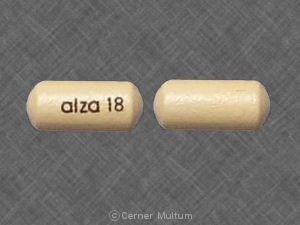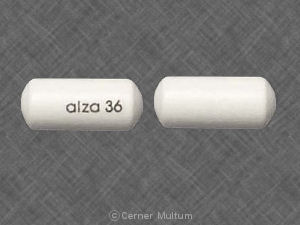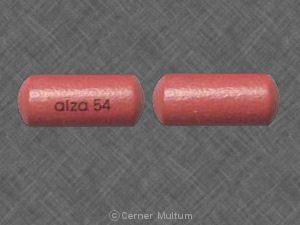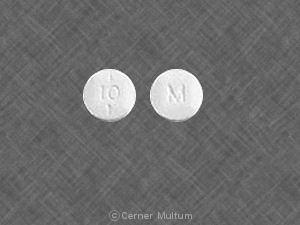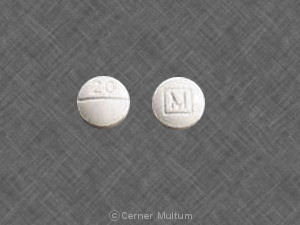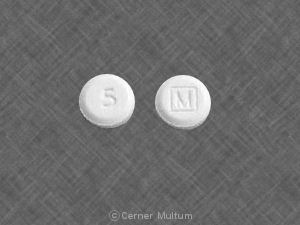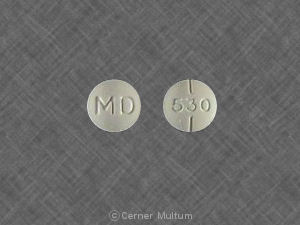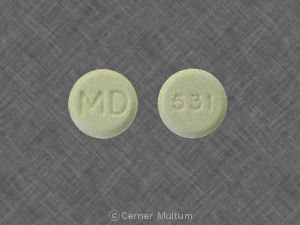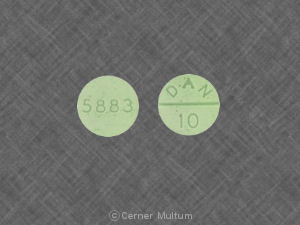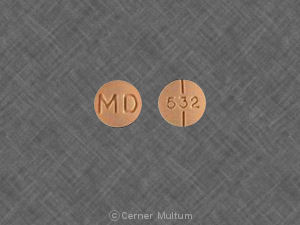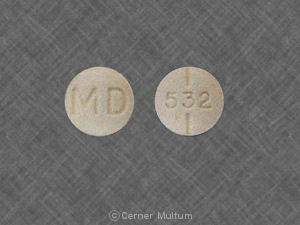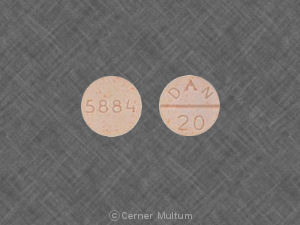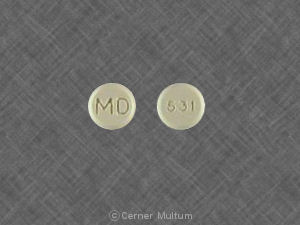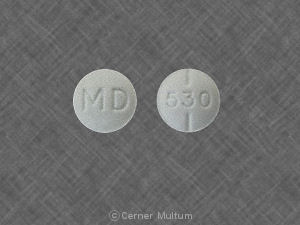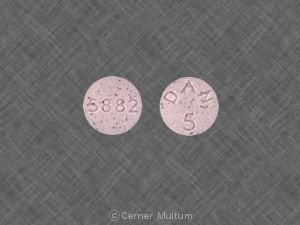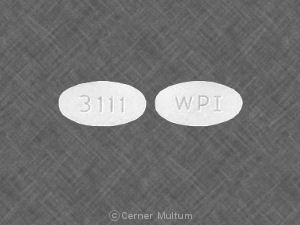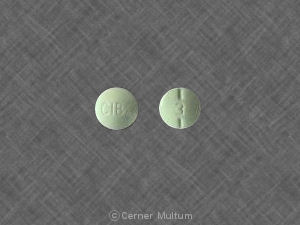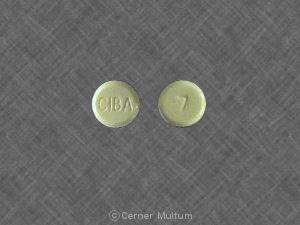What is the most important information I should know about methylphenidate?
Methylphenidate may be habit-forming, and this medicine is a drug of abuse. Tell your doctor if you have had problems with drug or alcohol abuse.
Stimulants have caused stroke, heart attack, and sudden death in people with high blood pressure, heart disease, or a heart defect.
Do not use methylphenidate if you have used an MAO inhibitor in the past 14 days, such as isocarboxazid, linezolid, methylene blue injection, phenelzine, rasagiline, selegiline, or tranylcypromine.
Methylphenidate may cause new or worsening psychosis (unusual thoughts or behavior), especially if you have a history of depression, mental illness, or bipolar disorder.
You may have blood circulation problems that can cause numbness, pain, or discoloration in your fingers or toes.
Call your doctor right away if you have: signs of heart problems --chest pain, feeling light-headed or short of breath; signs of psychosis --paranoia, aggression, new behavior problems, seeing or hearing things that are not real; signs of circulation problems --unexplained wounds on your fingers or toes.
What is methylphenidate?
Methylphenidate is a central nervous system stimulant. It affects chemicals in the brain and nerves that contribute to hyperactivity and impulse control.
Methylphenidate is used to treat attention deficit disorder (ADD), attention deficit hyperactivity disorder (ADHD), and narcolepsy.
Methylphenidate may also be used for purposes not listed in this medication guide.
What should I discuss with my healthcare provider before taking methylphenidate?
Do not use methylphenidate if you have used an MAO inhibitor in the past 14 days. A dangerous drug interaction could occur. MAO inhibitors include isocarboxazid, linezolid, methylene blue injection, phenelzine, rasagiline, selegiline, tranylcypromine, and others.
You should not use methylphenidate if you are allergic to it, or if you have:
- glaucoma;
- a personal or family history of tics (muscle twitches) or Tourette's syndrome; or
- severe anxiety, tension, or agitation (stimulant medicine can make these symptoms worse).
Stimulants have caused stroke, heart attack, and sudden death in certain people. Tell your doctor if you have:
- heart problems or a congenital heart defect;
- high blood pressure; or
- a family history of heart disease or sudden death.
To make sure this medicine is safe for you, tell your doctor if you or anyone in your family has ever had:
- depression, mental illness, bipolar disorder, psychosis, or suicidal thoughts or actions;
- motor tics (muscle twitches) or Tourette's syndrome;
- blood circulation problems in the hands or feet;
- seizures or epilepsy;
- problems with the esophagus, stomach, or intestines;
- an abnormal brain wave test (EEG); or
- a history of drug or alcohol addiction.
It is not known whether this medicine will harm an unborn baby. Tell your doctor if you are pregnant or plan to become pregnant.
It is not known whether methylphenidate passes into breast milk or if it could harm a nursing baby. Tell your doctor if you are breast-feeding a baby.
Methylphenidate is not approved for use by anyone younger than 6 years old.
How should I take methylphenidate?
Follow all directions on your prescription label. Your doctor may occasionally change your dose. Do not take this medicine in larger or smaller amounts or for longer than recommended.
Methylphenidate may be habit-forming. Never share this medicine with another person, especially someone with a history of drug abuse or addiction. Keep the medication in a place where others cannot get to it. Selling or giving away this medicine is against the law.
Read all patient information, medication guides, and instruction sheets provided to you. Ask your doctor or pharmacist if you have any questions.
To prevent sleep problems, take this medicine in the morning.
Some brands of methylphenidate should be taken at least 30 minutes before a meal. Extended-release methylphenidate can be taken with or without food. Follow the directions on your medicine label
Do not crush, chew, or break an extended-release tablet. Swallow it whole. Breaking the pill may cause too much of the drug to be released at one time.
To make swallowing easier, you may open the capsule and sprinkle the medicine into a spoonful of pudding or applesauce. Swallow right away without chewing. Do not save the mixture for later use.
The chewable tablet must be chewed before you swallow it.
Shake the oral suspension (liquid) well just before you measure a dose. Measure liquid medicine with the dosing syringe provided, or with a special dose-measuring spoon or medicine cup. If you do not have a dose-measuring device, ask your pharmacist for one.
To take the orally disintegrating tablet (Cotempla XR-ODT):
- Keep the tablet in its blister pack until you are ready to take it. Open the package and peel back the foil. Do not push a tablet through the foil or you may damage the tablet.
- Use dry hands to remove the tablet and place it in your mouth.
- Do not swallow the tablet whole. Allow it to dissolve in your mouth without chewing.
While using methylphenidate, your doctor will need to check your progress at regular visits. Tell any doctor who treats you that you are using this medicine.
If you need surgery, tell the surgeon ahead of time that you are using methylphenidate. You may need to stop using the medicine for a short time.
Store at room temperature away from moisture and heat.
Keep track of your medicine. Methylphenidate is a drug of abuse and you should be aware if anyone is using your medicine improperly or without a prescription.
What happens if I miss a dose?
Take the missed dose as soon as you remember. Skip the missed dose if it is later than 6:00 p.m. Do not take extra medicine to make up the missed dose.
What happens if I overdose?
Seek emergency medical attention or call the Poison Help line at 1-800-222-1222. An overdose of methylphenidate could be fatal.
What should I avoid while taking methylphenidate?
Avoid drinking alcohol, especially if you take extended-release methylphenidate. Alcohol may cause the medicine to be released into the bloodstream too fast.
Methylphenidate may impair your thinking or reactions. Be careful if you drive or do anything that requires you to be alert.
What are the possible side effects of methylphenidate?
Get emergency medical help if you have signs of an allergic reaction: hives; difficulty breathing; swelling of your face, lips, tongue, or throat.
Call your doctor at once if you have:
-
signs of heart problems --chest pain, trouble breathing, feeling like you might pass out;
-
signs of psychosis --hallucinations (seeing or hearing things that are not real), new behavior problems, aggression, hostility, paranoia;
-
signs of circulation problems --numbness, pain, cold feeling, unexplained wounds, or skin color changes (pale, red, or blue appearance) in your fingers or toes;
- a seizure (convulsions);
- muscle twitches (tics);
- changes in your vision; or
- penis erection that is painful or lasts 4 hours or longer (rare).
Methylphenidate can affect growth in children. Tell your doctor if your child is not growing at a normal rate while using this medicine.
Common side effects may include:
- mood changes, feeling nervous or irritable, sleep problems (insomnia);
- fast heart rate, increased blood pressure;
- loss of appetite, weight loss;
- nausea, stomach pain; or
- headache.
This is not a complete list of side effects and others may occur. Call your doctor for medical advice about side effects. You may report side effects to FDA at 1-800-FDA-1088.
What other drugs will affect methylphenidate?
Ask your doctor before using a stomach acid medicine (including Alka-Seltzer or sodium bicarbonate). Some of these medicines can change the way your body absorbs methylphenidate, and may increase side effects.
Many drugs can interact with methylphenidate. This includes prescription and over-the-counter medicines, vitamins, and herbal products. Not all possible interactions are listed in this medication guide. Tell your doctor about all your current medicines and any medicine you start or stop using.
Where can I get more information?
Your pharmacist can provide more information about methylphenidate.
Remember, keep this and all other medicines out of the reach of children, never share your medicines with others, and use this medication only for the indication prescribed.
Every effort has been made to ensure that the information provided by Cerner Multum, Inc. ('Multum') is accurate, up-to-date, and complete, but no guarantee is made to that effect. Drug information contained herein may be time sensitive. Multum information has been compiled for use by healthcare practitioners and consumers in the United States and therefore Multum does not warrant that uses outside of the United States are appropriate, unless specifically indicated otherwise. Multum's drug information does not endorse drugs, diagnose patients or recommend therapy. Multum's drug information is an informational resource designed to assist licensed healthcare practitioners in caring for their patients and/or to serve consumers viewing this service as a supplement to, and not a substitute for, the expertise, skill, knowledge and judgment of healthcare practitioners. The absence of a warning for a given drug or drug combination in no way should be construed to indicate that the drug or drug combination is safe, effective or appropriate for any given patient. Multum does not assume any responsibility for any aspect of healthcare administered with the aid of information Multum provides. The information contained herein is not intended to cover all possible uses, directions, precautions, warnings, drug interactions, allergic reactions, or adverse effects. If you have questions about the drugs you are taking, check with your doctor, nurse or pharmacist.
Copyright 1996-2018 Cerner Multum, Inc. Version: 17.01. Revision date: 8/1/2017.
